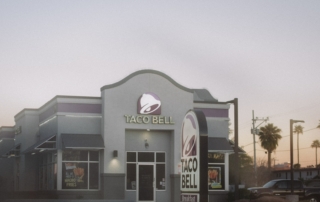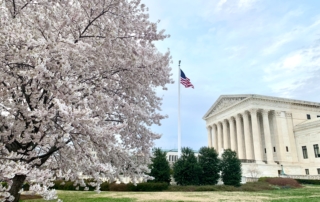U.S. District Court Denies Motion for Class Certification against Amazon But Leaves Door Open for A Second Bite at the Amazon Apple
On March 7, 2023, U.S. District Court Judge Chhabria of the Northern District of California denied a motion to certify a class of 7,000 Amazon employees seeking reimbursement for their home internet expenses during the COVID-19 pandemic. Plaintiff David G. Williams, an Amazon employee, argued that Amazon violated the California Labor Code 2802 by failing to reimburse its employees’ internet expenses incurred during the COVID-19 pandemic. Williams’ arguments focused on two main points: (1) Amazon’s “common policy” only allowed reimbursements for employees whose home internet expenses increased and (2) Amazon failed to reimburse the Class even […]












